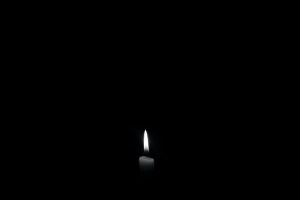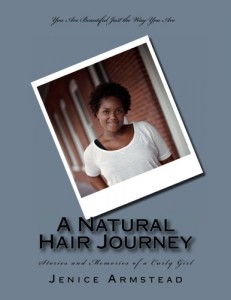
Let’s start by saying, there is a lot is going on in the world, in society, and everywhere. I have come to realize that regardless of whether you want to admit it, race is a factor of systematic discrimination. Period. I am sure you have stories, I have stories, and there are plenty of stories in the news to be outraged about. There comes a time when talking just isn’t enough. Talking is an outstanding motivatng factor for initiating strategic change. But, real change comes with direct actions. Action is the true synchronized mobility for change.
Too often as a black woman, I’ve been asked by people that don’t look like me how it is that I’m able to stay motivated, positive, and successful. Truth be told, it’s hard. It’s hard waking up and remembering that my natural hair has to be tailored to a customized fashion in order to appease people that don’t understand my hair texture. It’s hard to ensure that I find the right cosmetic foundation that matches my skin tone. It’s hard to ensure not to slip up and accidentally use an urban phrase or term in a meeting for fear of being labeled “ghetto.” It’s even harder to go to the grocery store and pick up a vegan or gluten-free item without receiving unsolicited and passive aggressive opinions about how “good it is” that eat well. Overall, it’s hard being black.
Although, I would not change my culture and my background for anything. What I would change is how people see it as a great divider. Statistically, I should not have college degree, be married, own a business, own home, speak “well” or be a vegan – just to name a few of my attibutes. I often speak in motivational settings about success and staying focused. As a segway several speaking topics, I talk about academic disparities I faced. In tha same thought I speak about how I “blew it out of the water” and earned a Doctorate in my early 30’s. I realized early on, that I had to mindfuly use approachablity tactics when speaking to predominantly non-black audiances to reduce my intimidation factor. Yes, black women have to think about things like this – along with everything else.
Way too often, when I’m approached by peers and executive leadership to engage in “small talk” about myself. I find myself having to explain my cultural background, academic career and how I was able to do it. The conversation is almost always passive-aggressive. During a diversity meeting at one of the organizations I previously worked for, we had an open forum about “Race in the Classroom.” I knew how it was gonna go, I knew what was gonna be said, and I knew that there was gonna be no change put in place after the dawnting three-hour conversation was over.
At the end of the meeting, nothing was resolved, and nothing was written down toward strategic actions for ensuring the organization had more cultural sensitivity in the classroom. What did happen was myself and a co-worker we’re casually discussing the overall conversation. I was asked specifically what it was like to be black? I gathered all of the strength from my black ancestors and started to regurgitate a default answer from memory, but instead stopped myself. I decided to anwer honestly, instead of using my rehearshed template. I specifically said “it’s hard being black, especially a black woman knowing that each and every day I have to prepare myself for the world mentally. The world does not see me as an educated woman. The world sees me as a black woman. The world does not see any of my accomplishments, accolades, dreams, or fears. The world does not see what I’ve done for my community, what I do for my students, or my motivational drive to ensure to be a good role model to little black girls and boys everywhere I go.” I remember realizing that it was more than my co-worker could handle. And decided to stop speaking. She finally removed her hand from her mouth. I will never forget the look on her face. She simply replied with “That must be exhausting, I don’t see how you do it.” I replied, “I have no choice, it’s just the way it is – for now.”
Unfortunatly, the primitive factor of the color of your skin matters – it shouldn’t, but it does. But I’ve decided that the color of my skin is not a hindrance or a burden, it’s a gift. I love being black, and I am a strong, educated, outspoken, sponky, lesbian, black woman. Regardless of what the world throws at black folks, we always regroup, dust ourselves off and try again. It is literally in our DNA. We have a right to be happy, to be upset, to be angry, to be successful, to voice my opinion, to choose who to love, to do anything that brings happiness, positivity, and light to this world. That is where we stand, that is where we are coming from, and that is what we deserve.
Jenice
